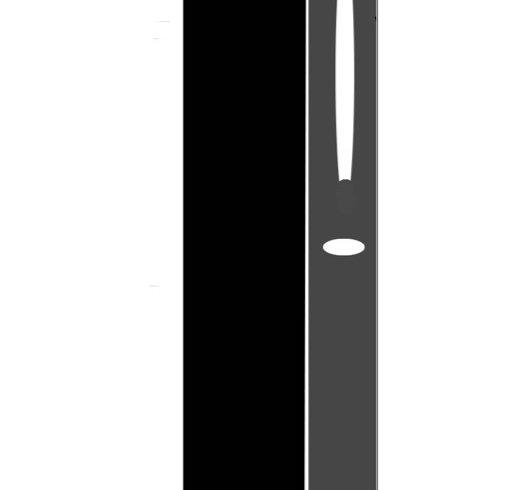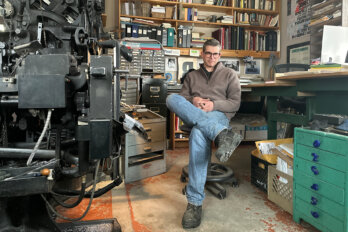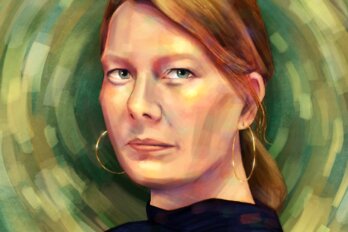Even as it was gaining adherents in nineteenth-century England, neoclassical economics was dubbed a “dismal science” by historian Thomas Carlyle. In
The Other Side of the Coin, David Orrell goes one step further and accuses the dominant ideology of the twentieth century of being “counterfeit.” By tracing the history of our free-market traditions, from Pythagoras through Adam Smith to Milton Friedman, Orrell exposes an anachronistic theory, based more on mathematical models than the real world it claims to represent. But with its proponents wielding influence in industry, politics, and academia, he sees neoclassical economics as not just out of touch, but hazardous to our society, the environment, and, paradoxically, the economy.
Orrell challenges the neoclassical school on its own turf by throwing down the mathematical gauntlet. Employing a divide-and-conquer strategy, he separates neoclassical theory into its component axioms and discredits them one by one. While at times this approach leads into fairly esoteric territory, he finds his mark more often than not. By demonstrating the discrepancies between the linear concepts upon which most economic arguments are constructed and the dynamic realities to which they are applied, he argues that “mainstream economists are like Flat-Earthers who keep saying the world is flat despite all the evidence to the contrary.”
But while the book’s precept is sharp, its execution is hit-and-miss. Where the piecemeal approach of Stephen Dubner and Steven Levitt’s 2005 bestseller Freakonomics succeeded, Orrell’s attempts to equate economics with Jimi Hendrix’s guitar prowess or the moon’s mythological properties come across as awkward and contrived. Prose aside, though, this book is an important look at where the neoclassicists go wrong, and an accessible primer on modern alternative economic theories. And once you get through the math, Orrell’s suggestions for a simplified, sustainable economy are commonsensical: “less stuff, less travel, smaller families.” In the end, it’s not all that complex.





